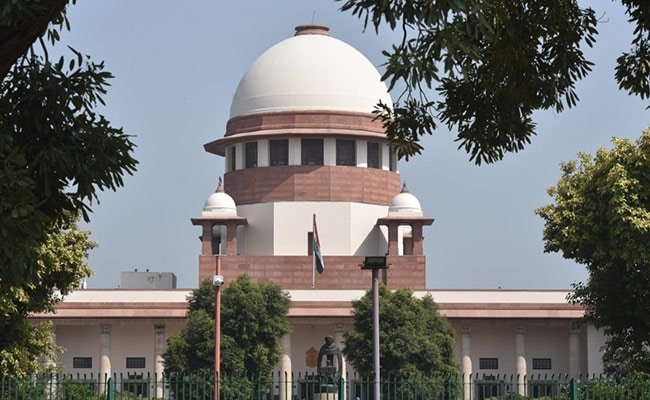[ad_1]

The state government has challenged the High Court order.
New Delhi:
The Kerala Government has moved the Supreme Court challenging the Kerala High Court order that dismissed its plea against the Governor over withholding assent to bills indefinitely.
This is another application filed by the Kerala government against the Governor for delaying the clearance of pending bills. The state government has challenged the HC order passed by its Ernakulam Bench on November 30, 2022.
In the High Court, the government advocate has raised the question of whether the Governor is under a constitutional obligation to act in a time-bound manner in one or the other modes mandated or prescribed under Article 200 of the Constitution with respect to the Bills that have been passed by the Legislative Assembly of the State and presented to him for his assent within a reasonable time.
The petitioner has sought to declare that the actions of the Governor in withholding the bills indefinitely without exercising the discretionary powers under Article 200 of the Constitution as contumacious, arbitrary, despotic and antithetical to the democratic values, ideals of the Cabinet form of government, and principles of democratic constitutionalism and federalism.
The state government said that grave injustice is being done to the people of the State, as well as to its representative democratic institutions (i.e., the State Legislature and the Executive) by the Governor by keeping Bills pending for long periods of time, including three bills for longer than two years.
The Governor appears to be of the view that granting assent or otherwise dealing with Bills is a matter entrusted to him in his absolute discretion to decide whenever he pleases. This is a complete subversion of the Constitution, the state government said.
The petitioner, the State of Kerala, sought appropriate orders from the top court in relation to the inaction on the part of the Governor in relation to as many as eight bills passed by the State Legislature and presented to the Governor for his assent under Article 200 of the Constitution.
Of these, three bills have remained pending with the Governor for more than two years, and three more in excess of a full year, the Kerala government said.
The plea alleged that the conduct of the Governor in keeping bills pending for long and indefinite periods of time is manifestly arbitrary and also violates Article 14 (right to equality) of the Constitution. Additionally, it defeats the rights of the people of the State of Kerala under Article 21 (right to life) of the Constitution by denying them the benefits of welfare legislation enacted by the State Assembly.
According to Article 200, when a bill has been passed by the Legislative Assembly of a State or, in the case of a State having a Legislative Council, has been passed by both Houses of the Legislature of the State, it shall be presented to the Governor and the Governor shall declare either that he assents to the bill or that he withholds assent therefrom or that he reserves the bill for the consideration of the President.
(Except for the headline, this story has not been edited by NDTV staff and is published from a syndicated feed.)
[ad_2]
NDTV
